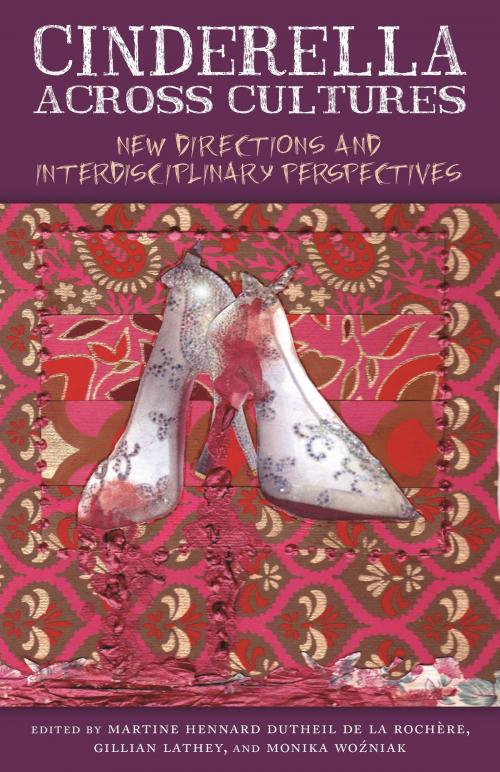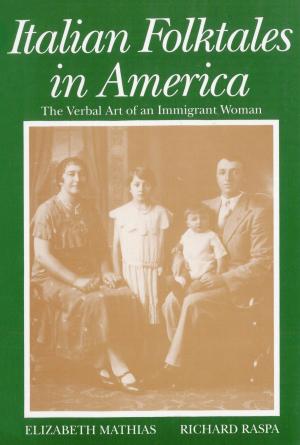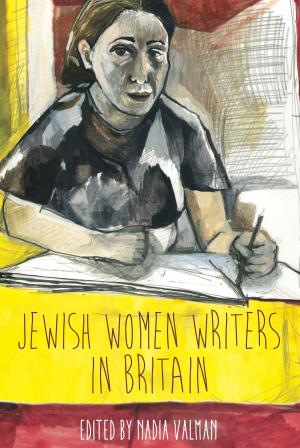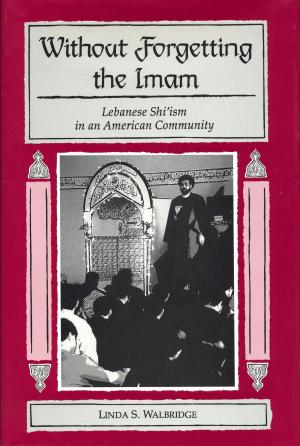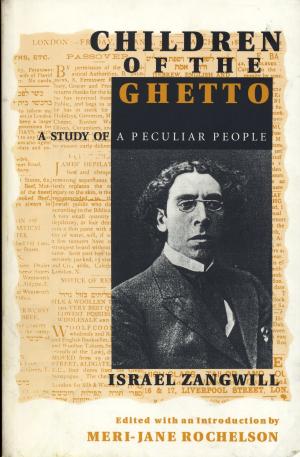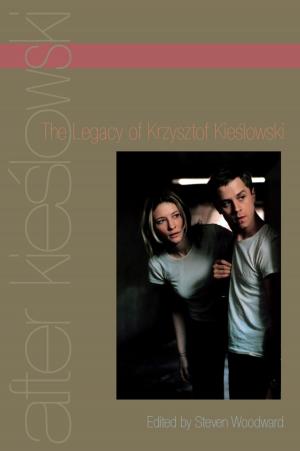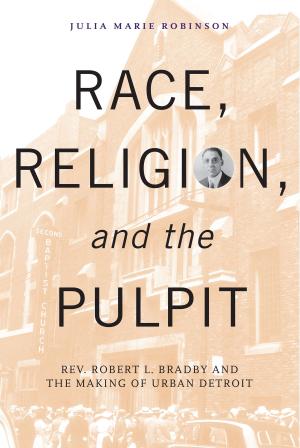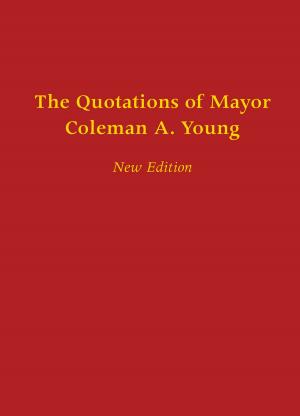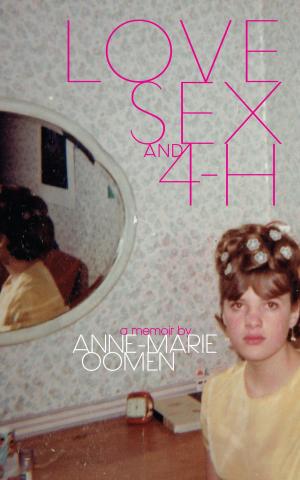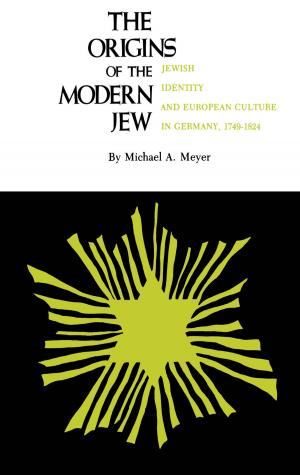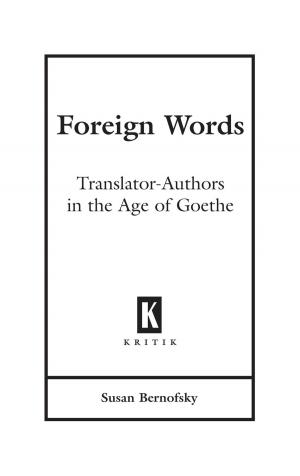Cinderella across Cultures
New Directions and Interdisciplinary Perspectives
Nonfiction, Social & Cultural Studies, Social Science, Folklore & Mythology, Entertainment, Drama, Anthologies, Fiction & Literature, Literary Theory & Criticism| Author: | Martine Hennard Dutheil de la Rochère | ISBN: | 9780814341568 |
| Publisher: | Wayne State University Press | Publication: | June 1, 2016 |
| Imprint: | Wayne State University Press | Language: | English |
| Author: | Martine Hennard Dutheil de la Rochère |
| ISBN: | 9780814341568 |
| Publisher: | Wayne State University Press |
| Publication: | June 1, 2016 |
| Imprint: | Wayne State University Press |
| Language: | English |
The Cinderella story is retold continuously in literature, illustration, music, theatre, ballet, opera, film, and other media, and folklorists have recognized hundreds of distinct forms of Cinderella plots worldwide. The focus of this volume, however, is neither Cinderella as an item of folklore nor its alleged universal meaning. In Cinderella across Cultures, editors Martine Hennard Dutheil de la Rochère, Gillian Lathey, and Monika Wozniak analyze the Cinderella tale as a fascinating, multilayered, and ever-changing story constantly reinvented in different media and traditions. The collection highlights the tale’s reception and adaptation in cultural and national contexts across the globe, including those of Italy, France, Germany, Britain, the Netherlands, Poland, and Russia. Contributors shed new light on classic versions of Cinderella by examining the material contexts that shaped them (such as the development of glass artifacts and print techniques), or by analyzing their reception in popular culture (through cheap print and mass media). The first section, “Contextualizing Cinderella,” investigates the historical and cultural contexts of literary versions of the tale and their diachronic transformations. The second section, “Regendering Cinderella,” tackles innovative and daring literary rewritings of the tale in the twentieth and twenty-first centuries, in particular modern feminist and queer takes on the classic plot. Finally, the third section, “Visualising Cinderella,” concerns symbolic transformations of the tale, especially the interaction between text and image and the renewal of the tale’s iconographic tradition. The volume offers an invaluable contribution to the study of this particular tale and also to fairy-tale studies overall. Readers interested in the visual arts, in translation studies, or in popular culture, as well as a wider audience wishing to discover the tale anew will delight in this collection.
The Cinderella story is retold continuously in literature, illustration, music, theatre, ballet, opera, film, and other media, and folklorists have recognized hundreds of distinct forms of Cinderella plots worldwide. The focus of this volume, however, is neither Cinderella as an item of folklore nor its alleged universal meaning. In Cinderella across Cultures, editors Martine Hennard Dutheil de la Rochère, Gillian Lathey, and Monika Wozniak analyze the Cinderella tale as a fascinating, multilayered, and ever-changing story constantly reinvented in different media and traditions. The collection highlights the tale’s reception and adaptation in cultural and national contexts across the globe, including those of Italy, France, Germany, Britain, the Netherlands, Poland, and Russia. Contributors shed new light on classic versions of Cinderella by examining the material contexts that shaped them (such as the development of glass artifacts and print techniques), or by analyzing their reception in popular culture (through cheap print and mass media). The first section, “Contextualizing Cinderella,” investigates the historical and cultural contexts of literary versions of the tale and their diachronic transformations. The second section, “Regendering Cinderella,” tackles innovative and daring literary rewritings of the tale in the twentieth and twenty-first centuries, in particular modern feminist and queer takes on the classic plot. Finally, the third section, “Visualising Cinderella,” concerns symbolic transformations of the tale, especially the interaction between text and image and the renewal of the tale’s iconographic tradition. The volume offers an invaluable contribution to the study of this particular tale and also to fairy-tale studies overall. Readers interested in the visual arts, in translation studies, or in popular culture, as well as a wider audience wishing to discover the tale anew will delight in this collection.
